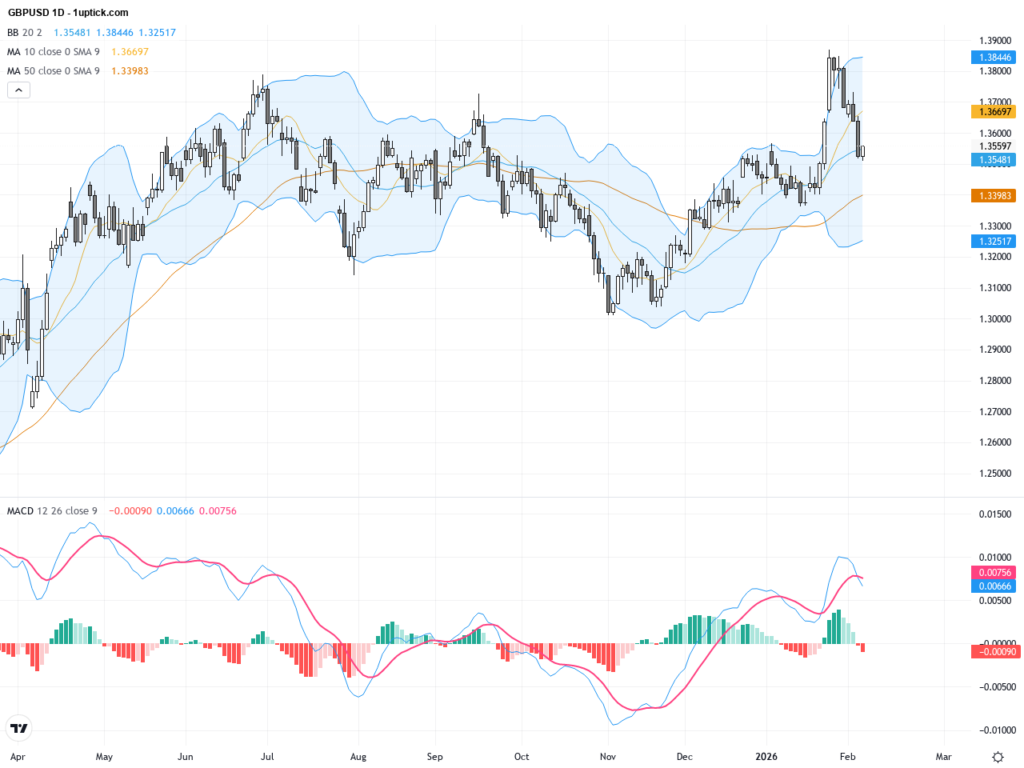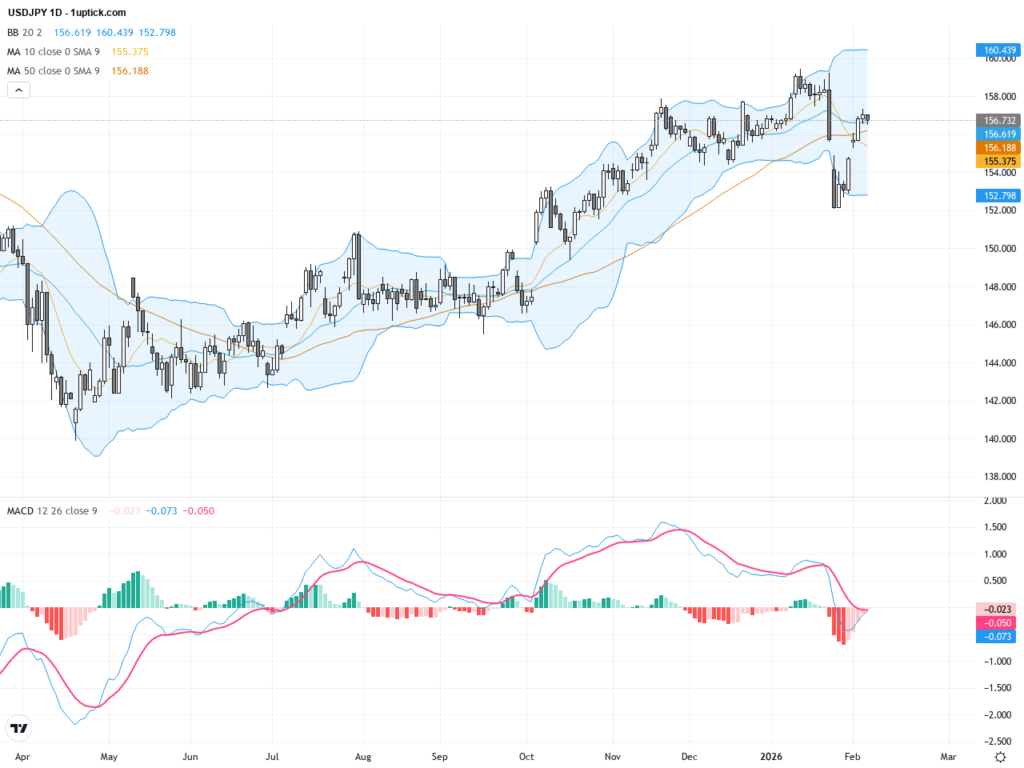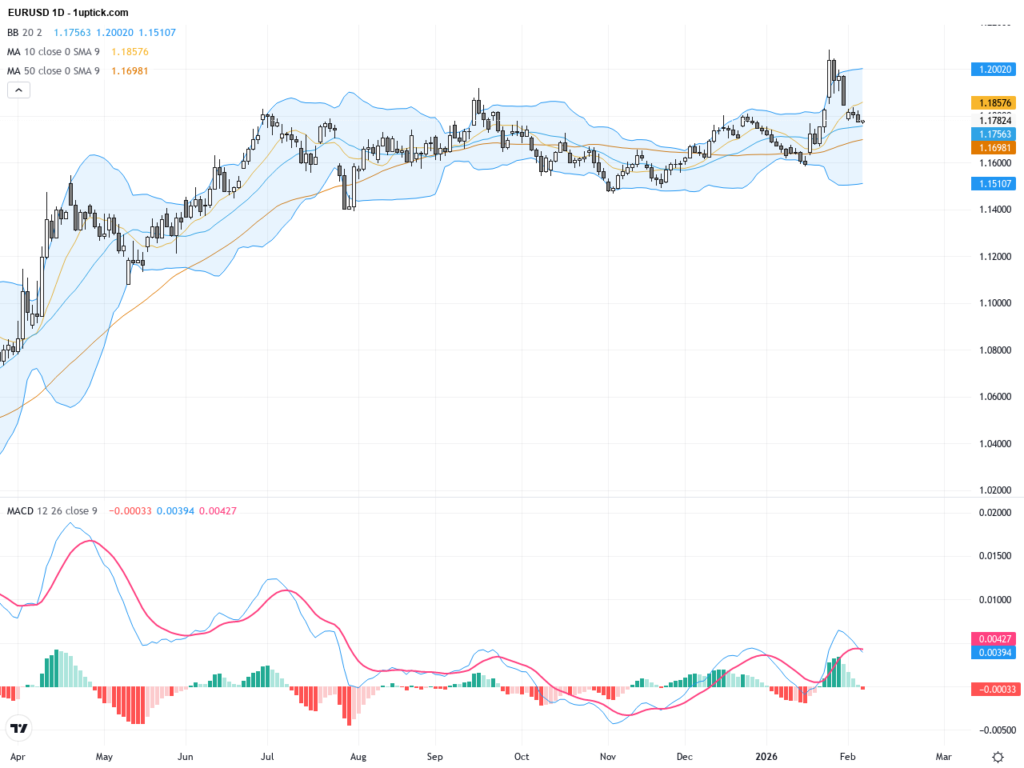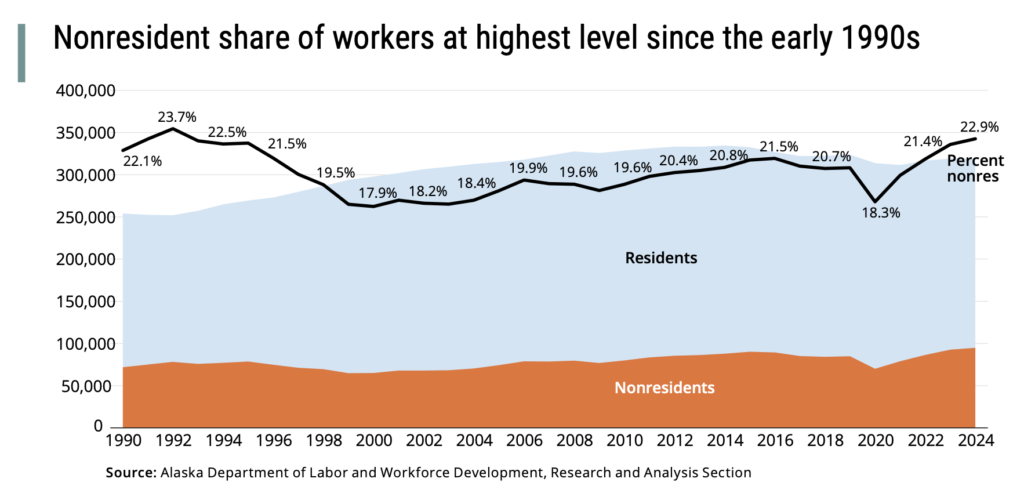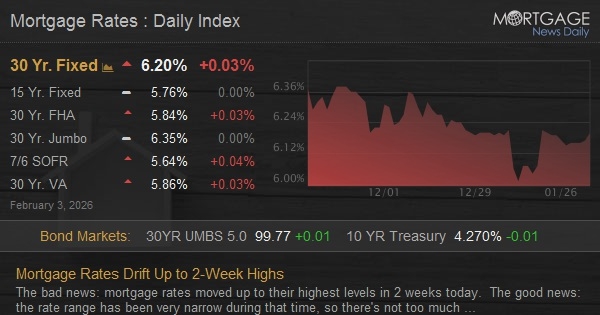 |
| Gold V.1.3.1 signal Telegram Channel (English) |
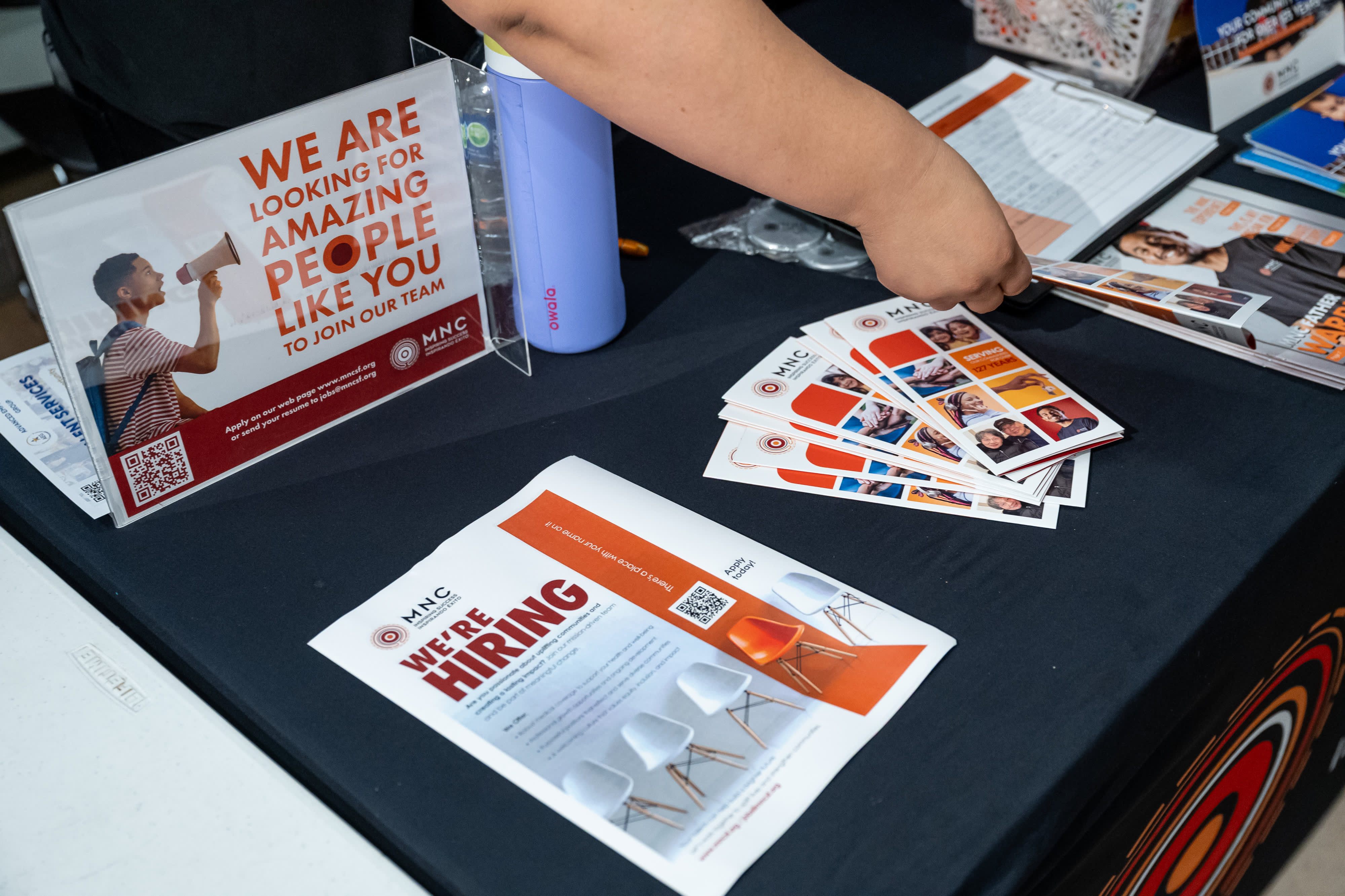
Why the 2025 Job Market Feels Like the Toughest Game of Musical Chairs for Job Seekers—and How to Win It
2025-09-06 @ 00:00
Why Today’s Job Market Feels Like the Worst Game of Musical Chairs for Job Seekers
The current job market is not what it was just a few years ago. For many job seekers, landing a position today feels more like playing an uncertain game of musical chairs, where there never seem to be enough seats once the music stops. Gone are the days of frequent job offers and persistent recruiter calls. Instead, the process has become slower, more competitive, and—at times—disheartening.
A Shift from Abundance to Scarcity
After the pandemic-induced labor shortages of 2021 and 2022, companies rushed to hire talent, resulting in a job market flush with opportunities. Fast-forward to 2025, and the landscape has evolved dramatically. Hiring has slowed, layoffs have increased, and job postings are dwindling across sectors. This shift is driven by companies seeking greater efficiency in a period of economic uncertainty. Many businesses are scaling back on expansion plans, reevaluating budgets, and in some cases, reducing headcounts.
Slower Hiring and Fiercer Competition
Waiting for responses from employers has become a test of patience for applicants. Many candidates report submitting multiple applications, attending numerous interviews, and then waiting weeks or even months without word. This slow pace frustrates both job seekers and hiring managers alike, but it’s a sign of companies being more deliberate in their choices.
Vacant roles now attract far more applicants than before, often hundreds for a single opening. In such an environment, each candidate is less likely to stand out, making interviews harder to secure and offers tougher to obtain. Entry-level job seekers and recent graduates are finding it particularly challenging because the pathway to a first job is much narrower than it was just a few years ago.
Employers Are Becoming Picky
With more talent available, companies have the luxury (and sometimes necessity) of being choosy. Recruiters can demand more experience, specialized skills, or flexibility in work style. In some cases, organizations are merging positions—seeking someone who can handle responsibilities that previously belonged to two separate roles. This means applicants often have to prove wider expertise and a willingness to adapt to hybrid positions.
Moreover, growing corporate demands for measurable skills have made traditional resumes less effective. Digital portfolios, skill assessments, and performance metrics are now part of many application processes. Networking remains vital, but even well-connected candidates face more hurdles than before.
Remote Work: Fading Promise, Renewed Competition
Remote work, once considered a perk that expanded job options, is no longer the silver bullet for job hunters. Many employers have rolled back remote positions in favor of return-to-office mandates or hybrid arrangements. The shrinking pool of fully remote roles attracts an outsized number of candidates, intensifying competition even further.
For those willing to relocate or embrace hybrid work, opportunities are marginally better. However, companies increasingly prefer applicants who live locally, making geographic flexibility a less decisive advantage.
Mental Health and Job Search Fatigue
The taxing nature of today’s job search is taking a toll on mental health. Repeated rejection and prolonged uncertainty can erode confidence, leading many to question their skills or worth. It’s a difficult cycle—one that requires resilience and adaptability. Mental health professionals encourage job seekers to maintain healthy routines, seek support networks, and remember that a tight market is a reflection of broader economic trends, not personal failure.
Adapting to the Market: Strategies for Success
Despite these obstacles, there are actionable strategies job seekers can employ:
- Sharpen your skill set: Invest time in upskilling, certifications, or training in high-demand areas. Employers value candidates who show a commitment to ongoing learning.
- Tailor applications: Personalize each resume and cover letter for the specific role and company. Automated screening tools reward relevance and precision.
- Network strategically: Reaching out to industry professionals, attending events, and participating in online forums can uncover hidden opportunities.
- Show adaptability: Highlight examples where you quickly adjusted to new roles or environments. Flexibility resonates with employers looking for resourceful employees.
- Take care of yourself: Job searching is a marathon, not a sprint. Prioritize well-being to maintain energy and focus.
A Market in Flux—But Also an Invitation to Evolve
The job market’s musical chairs may offer fewer seats right now, but it also invites both employers and employees to adapt, innovate, and build new pathways. Staying informed about industry trends, sharpening your value proposition, and remaining persistent can make all the difference.
While it is undoubtedly a challenging time to look for a job, history suggests that labor markets are cyclical. The skills, patience, and determination you build today will serve you well in the next upswing—where new opportunities and more comfortable games of musical chairs await.


